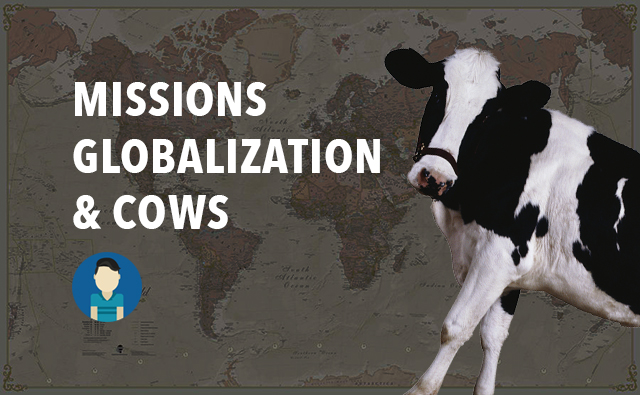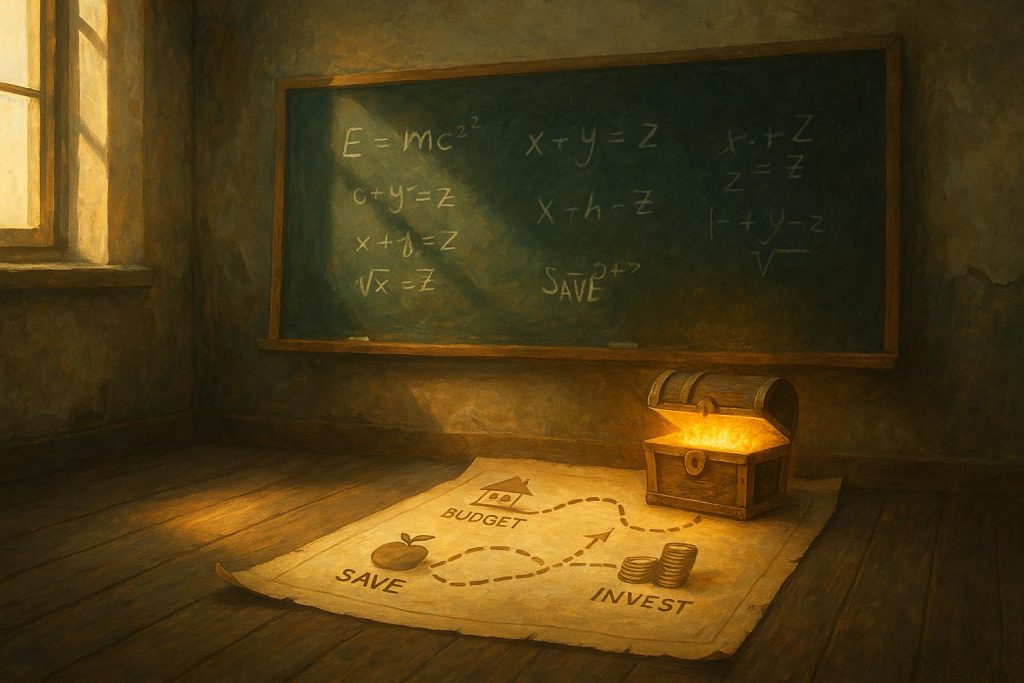With the growth of communications technology and aviation, the world we live in is getting smaller and smaller. About ten years ago, it seemed unlikely that an employee would work with another nationality, Today, however, you cannot seem to avoid working with people from different backgrounds.
We just went through a series called, ENAct, concluded by the topic of missions. If there’s one thing I learned from this topic is that God is the author of globalization. It was always God’s design for us to be global in our approach.
One lesson, I learned much connected to missions was one I read from Dale Carnegie’s book, How to Win Friends and Influence People. It was of Ralph Waldo Emerson’s encounter with one of his biggest challenges- a cow.
One day Emerson and his son were trying to get one of his calfs into their barn. They pushed and they pulled, cursed, shouted and yelled but the calf would not budge. Then one of his Irish housemaid crew saw them. She had more sense than Sir Ralph so she changed her strategy. Her strategy involved taking a handful of straw and luring the calf into the barn.
What did the housemaid understand more than Ralph Waldo Emerson?
1. The calf did not speak human
Unless we acknowledge the problem of a ‘language barrier’, there will always be a great wall in between you and people. This doesn’t only apply to missions, but anywhere. I can’t count the number of times me and Ces were speaking different ‘languages’ during our passionate conversations.
2. The calf’s values were different
Joey Bonifacio teaches that we are values-driven beings. We move according to what is most valuable to us. Much like the calf and Mr. Emerson, we try to win people over to the Gospel, to our ideas, to our beliefs, but they’re just not budging. We need to find where values overlap and attack there.
And I’m not just talking about dialects. Sure we can all speak English, but identical dialects don’t always equate to understanding. If someone who speaks British English talks to someone who speaks Aussie English, there will be a lot of misunderstandings. Universal values often include love, results, compassion, service and sacrifice. When we speak in these ‘languages’ or values, we get across.
3. One had to adjust
George Johnston, a safety Engineer, once had the responsibility of making sure his staff all wore hard hats. He would watch at the door to coerce workers to wear their safety gear only to have them remove it after Johnston was out of sight.
So George decides to adjust, and asks his staff why they don’t wear their helmets. They tell the engineer that they’re uncomfortable, so the company moves to exchange the helmets with more comfortable ones.
Being global means adjusting to cultures. Truth be told, it only takes one to adjust cultures. Question is will you be compelled to be a leader and be the one who will adjust?
With growing globalization, things are becoming more local. Thus it’s time we stopped thinking about our own culture, our own comfort, our own values. It’s time to think globally as well.





